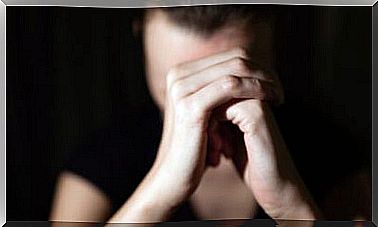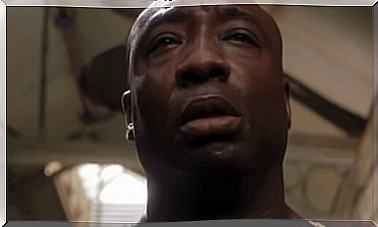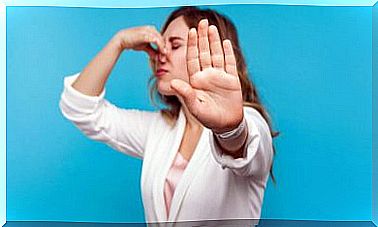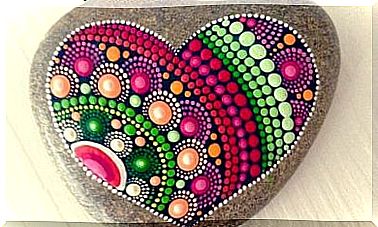Comparisons Are Hateful And Scary

It makes us feel uncomfortable being compared to others, but they do it constantly. It makes others feel uncomfortable to be compared to other people, but we do it all the time. Making comparisons is more common than we think and many times we do not realize that it can do a lot of damage.
Leaving aside the moments in which making comparisons is opportune, normally confronting various attitudes, personalities or physical traits is hateful and fearful, especially if we are the ones who compare ourselves with someone. To a large extent, feeling the need to define ourselves by positioning ourselves with respect to others is, in most cases, a profoundly unfair judgment.
The comparisons are hateful
Everybody makes comparisons constantly and in a competitive environment, like the current one, this is still, on some occasions, an extraordinarily practical attitude. Comparisons, if they are objective, can give us valuable information to know where we are. Information, on the other hand, can help to design a plan of action in post to improve.

Another very different aspect is that we make the comparisons by introducing them through a lot of perceptual biases. For example, in an Olympic event, such as the marathon, men and women run in separate races because their marks, due to the biology of their bodies, are not comparable. Can you imagine a woman feeling bad for not having made a mark like that of the man who won her test? The comparison would be terribly unfair.
Another tedious aspect of comparisons has to do with what we compare ourselves with. As we have said, comparisons in certain specific aspects may be useful, but they will never be useful when they are produced at a global level. In itself, there are many ways to be generous, to be intelligent, to be creative so that someone thinks that they are better or worse than someone else “in general.”
Comparisons are scary
As we have noted, as long as the comparisons are unbiased and comprehensive they can be beneficial. Thus, the question resides in knowing how to determine what is the line that separates a good comparison from a bad one, a constructive one from another that conceals a personal attack.
A context in which the most hateful comparisons often occur is the family one and, to be more precise, when these are made between siblings. They may both have the same upbringing or have the same parents, but there are plenty of other things that make them different. The fact that they more or less meet the expectations of parents, grandparents or uncles does not make them better or worse.
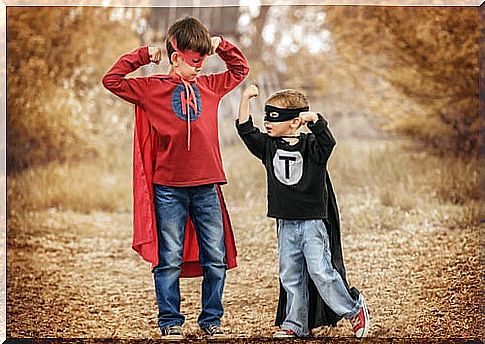
This type of situation can take its toll on the person who comes out the worst in the comparison and even lead to a competitive attitude, among the siblings themselves, which otherwise would not exist. In addition, an attitude that many times would end up reinforcing him and also punishing him for the fact that the two are usually not the same age.
On the other hand, the “usual” winner of these comparisons also usually suffers in the long run. If you get used to living in a flattering environment and reward your progress with that form of social recognition, you will probably feel demotivated when you leave this protective environment because you do not get it as often and in the same way. In addition to always failing to win, of course.
The importance of cultivating a healthy self-esteem
Comparisons that harm our emotional stability are normally related to the level of self-esteem we have, as they will affect us more if we feel weaker in this sense. For this reason, it is important to cultivate a healthy balance that allows us to be strong in the face of unavoidable comparisons.
The moment we compare ourselves with someone, we usually do it with what we lack and not with what empowers us and we do not realize that the solution is to improve ourselves: to learn from the good things that others have, but knowing that we We also have good things and that the weak ones can be improved.


